Welcome to the
ISUH Conversations Podcast
Episodes
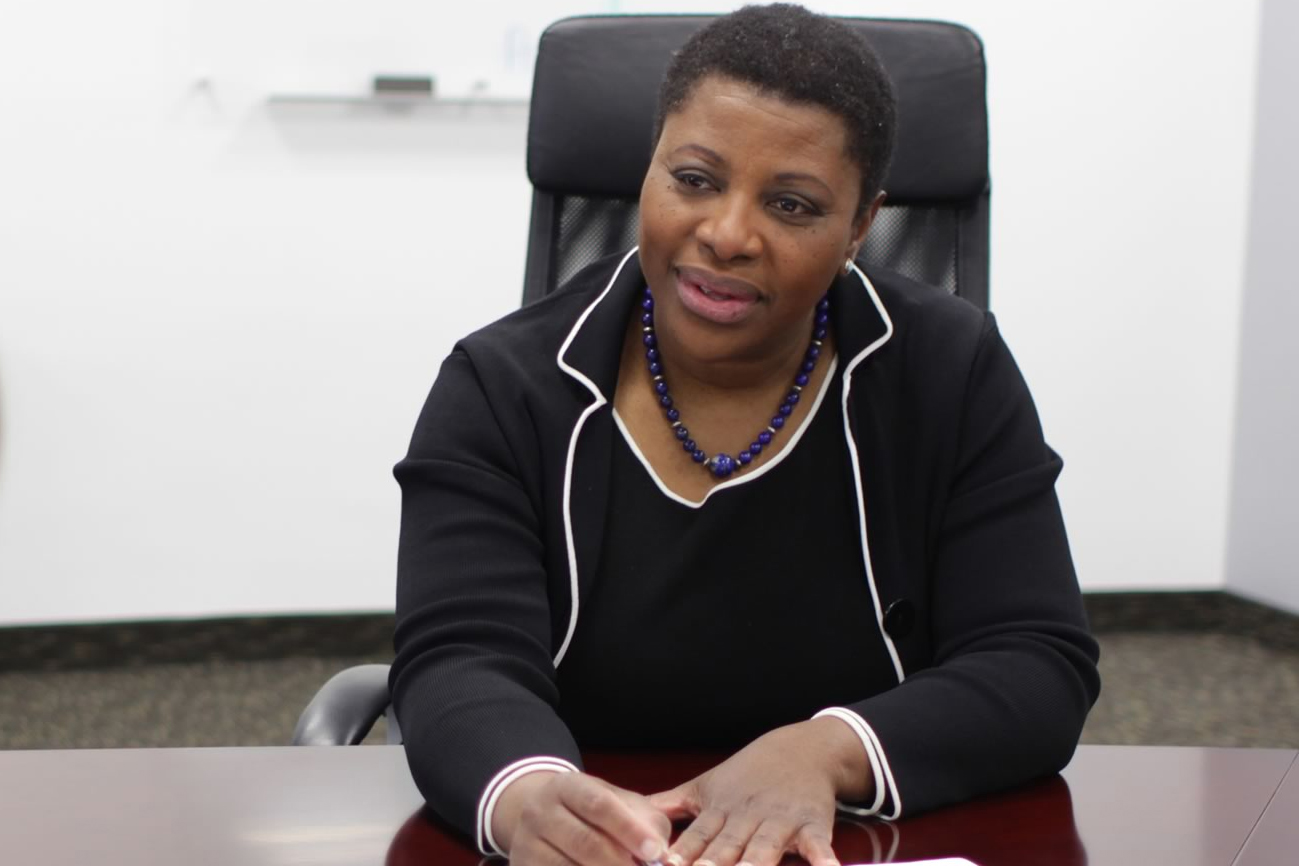
Episode 01 – Yonette Thomas, PhD, Introduction to the Conversations Podcast
In this first episode, Dr. Thomas talks about the purpose of the ISUH Conversations Podcasts and how they are intended to serve as a stimulus for engaging members, highlighting the work of “Urban Health Influencers,” and generating new ideas for future ISUH activities.
Listen Here
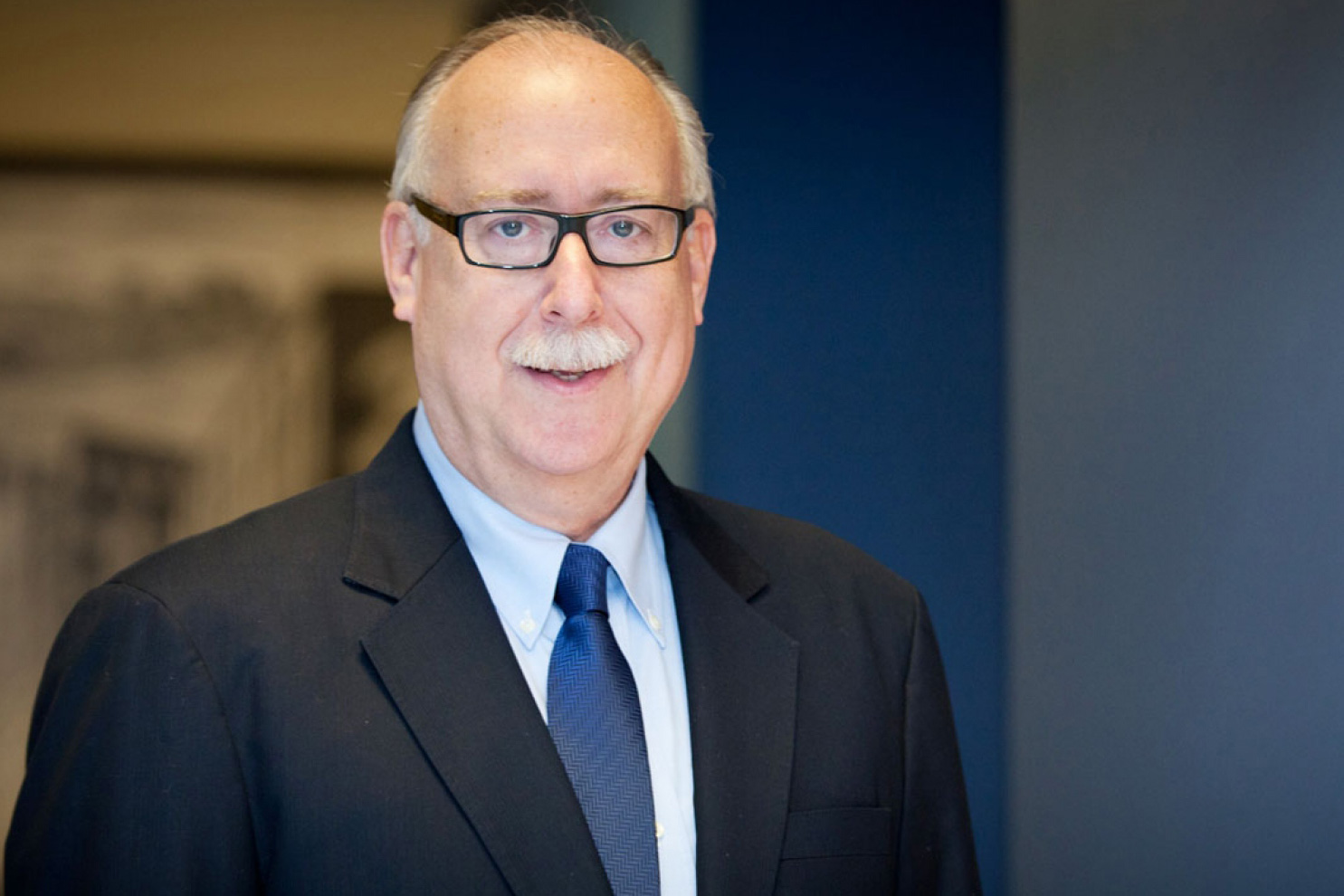
Episode 02 – David Vlahov, PhD, RN, FAA – A Conversation with the Founding President of ISUH
From its inception in 2002 and its first conference in Toronto, ISUH is intended to create a dialogue to define urban health. Over time the annual conferences provide an opportunity for members to connect.
Listen Here
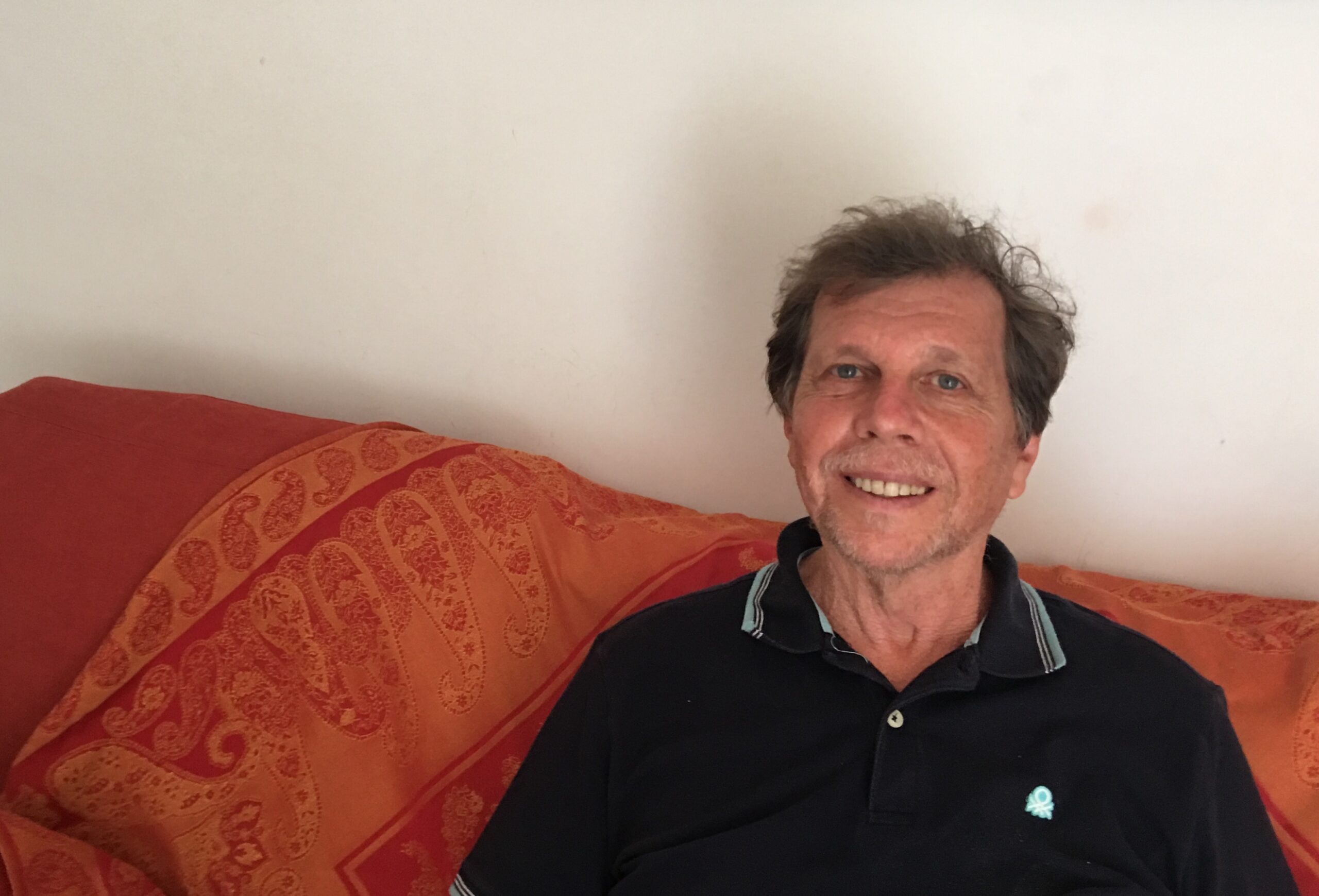
Episode 03 – Agis Tsouros, MD, PhD, FFPH (UK) – Leadership and Engagement in Urban Health at the Local Level
Dr. Tsouros’ Global Healthy Cities initiative is focused on providing leadership and engagement for municipal leaders who want to promote health and sustainability at the local level.
Listen Here
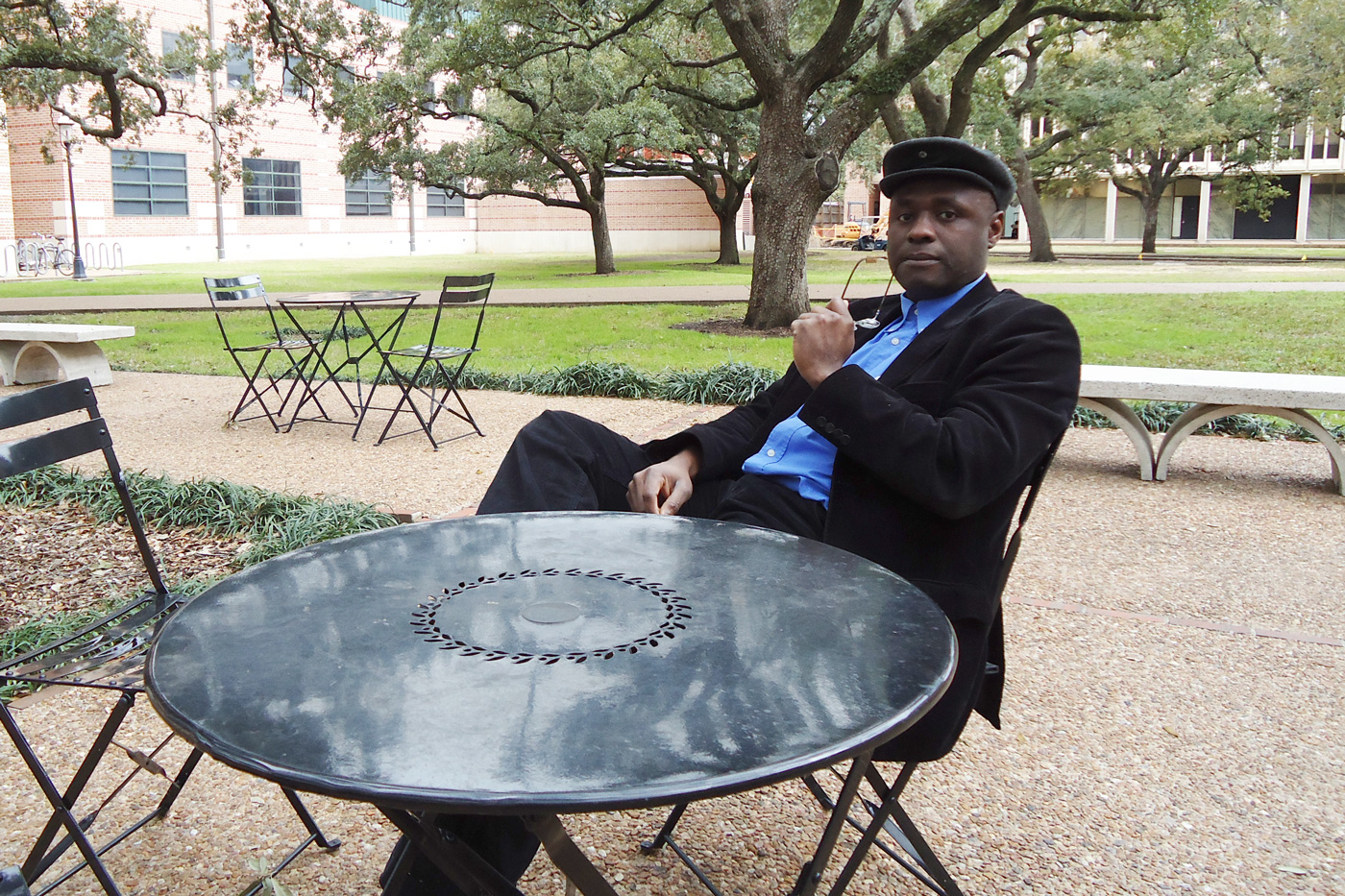
Episode 04 - Professor H. Blaise Nguendo-Yongsi, a Former President of ISUH
Professor Nguendo-Yongsi was the former President of ISUH. Professor Nguendo-Yongsi is an Urban Health Influencer. He has been involved in the ISUH for several years working with us to lead the organization into a sustainable future. He is a strong advocate for engaging Francophone African scholars in the ISUH global network of urban health thinkers and doers.
Listen Here
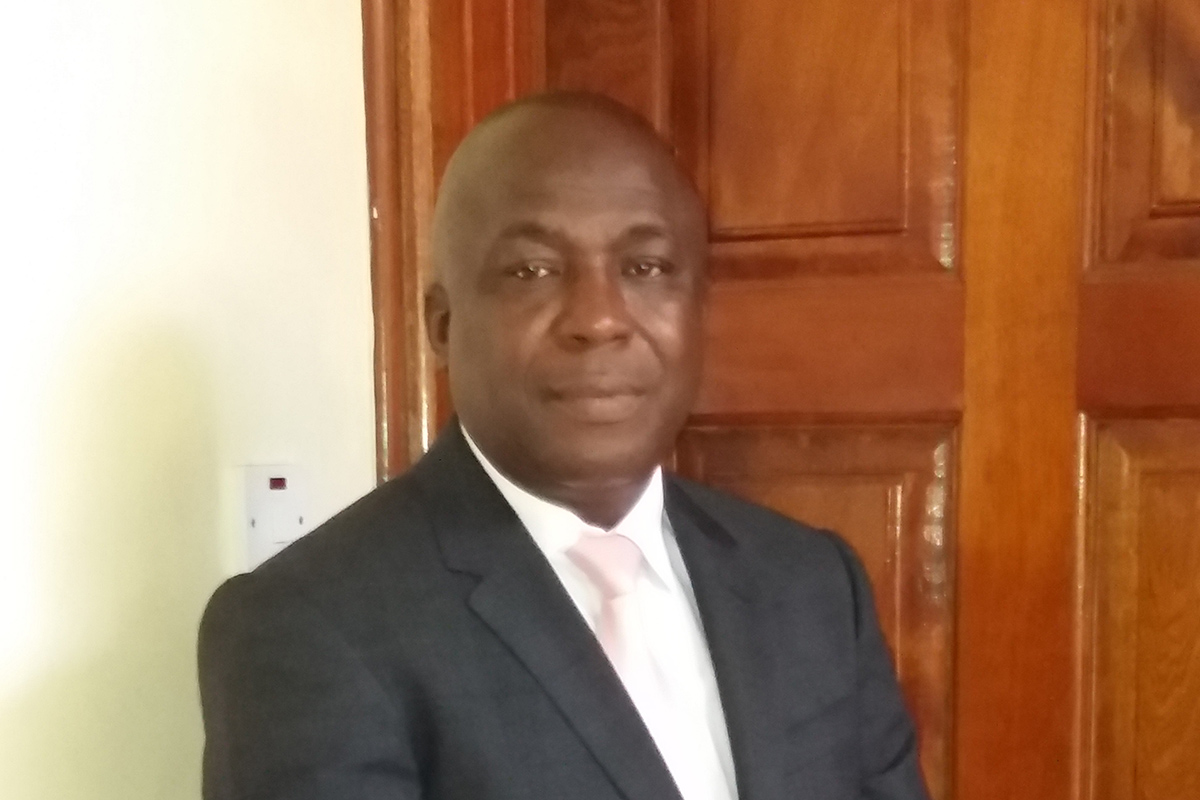
Episode 05 – A Conversation with ISUH Expert Advisory Council Member, Dr. Blessing MBeru
Dr. Blessing MBeru is a member of the ISUH Expert Advisory Council and a lead for the Africa Workgroup. In this podcast, Dr. MBeru discusses his work to help deepen ISUH’s role and work in Africa where urbanization is a major demographic event that creates many challenging issues related to health. The growth of urban informal settlements has created a number of population health challenges. Blessing sees ISUH’s focus on urban health as an important organizing hub for reaching the African continent and can bring greater relevance and value to what is happening in urban health.
Listen Here
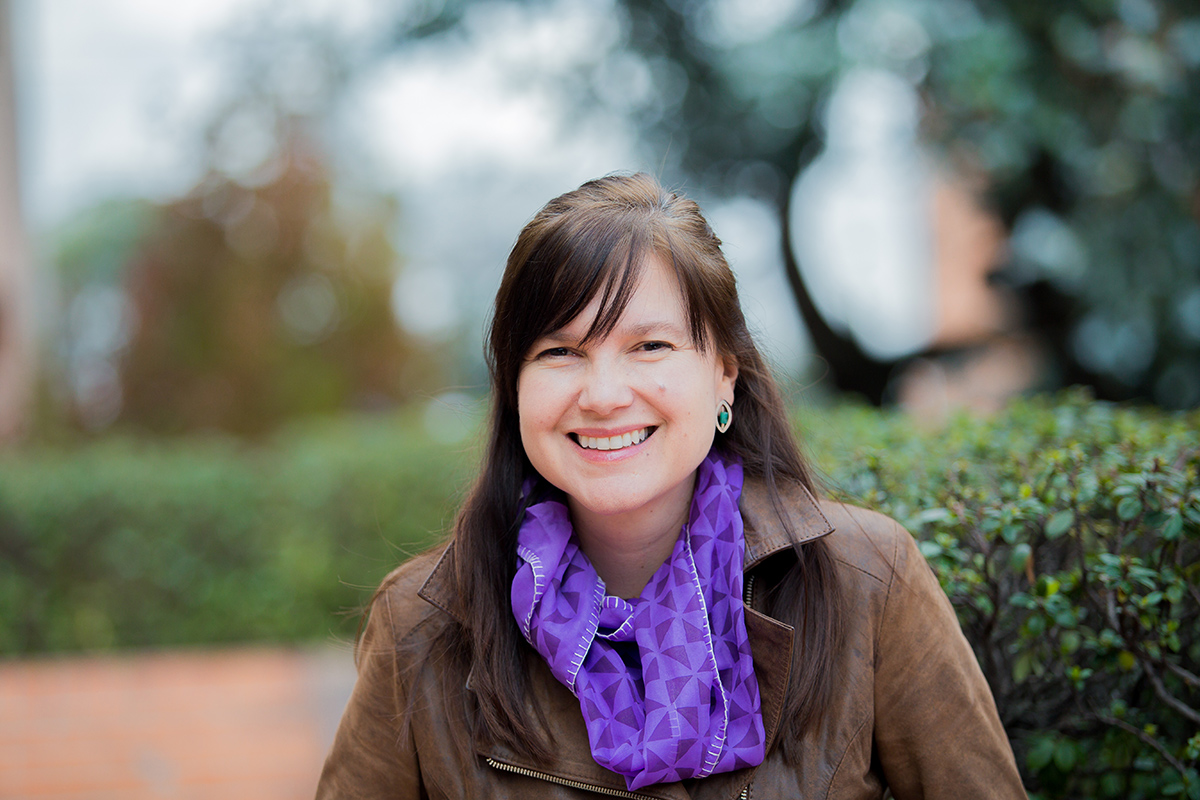
Episode 06 – A Conversation with Olga Sarmiento, MD, MPH, PhD, a Member of the ISUH Expert Advisory Council
Dr. Sarmiento Duenas sees ISUH as truly multidisciplinary and truly global and works from a perspective that shows that health is more than the health care system. To have healthy cities we need to see how other sectors can teach us how to improve the health in our cities. She is anxious to learn from other continents – e.g. the relationship between South America and other continents. Her vision for ISUH is a focus on capacity building for the new generation of academics who want to be part urban health work. Some of the ways that can help this new generation could be done through mentorship, connecting with other early career urban health thinkers, webinars, exchange opportunities, and helping build new programs in countries that have less capacity. Webinars blended within existing programs can generate interests – e.g., an ISUH webinar in one of her public health courses blended within an existing program to optimize resources.
Listen Here
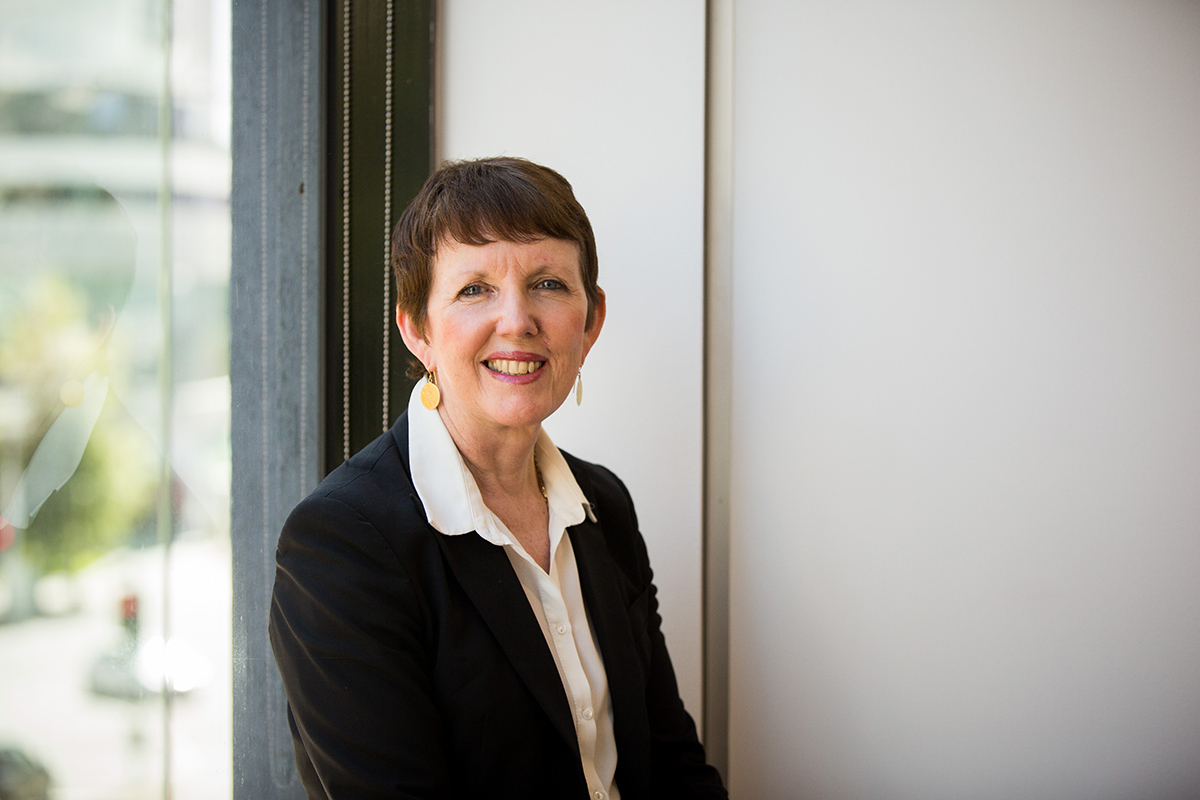
Episode 07 – A Conversation with Professor Billie Giles-Corti, Director of the Urban Futures Enabling Capability Platform at RMIT University in Melbourne, Australia
Professor Giles-Corti sees ISUH playing a major role in getting researchers to think differently about how we do research. If you want to change cities and influence health, you really have to influence the policy environment. She sees the ISUH conferences as opportunities for engaging policy makers and practitioners with researchers in innovative ways for generating policy-relevant research. Such research should be co-designed and resonate with the people you are trying to influence. This can be very exciting applied scientific work – applying innovative techniques focused on a particular problem that a city is trying to solve. ISUH can be a space for discussing how to do research that makes a difference and influences policy makers.
Listen Here
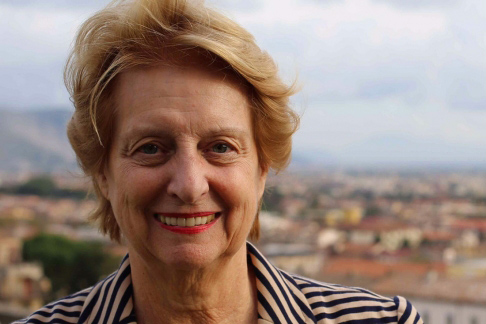
Episode 08 – A Conversation with Professor Eugenie Birch, an ISUH Expert Advisory Council Member and President of the General Assembly of Partners (GAP)
Professor Birch sees ISUH as having three functions: (1) Convener – bringing together people across disciplines. The population of the people attending the ISUH conferences crosses disciplinary boundaries and dialogue is based on good scientific research and different points of view; (2) A voice for all of the principles that we work out and promote together for good health and good healthy places; and (3) A lab – supporting projects that bring together people to solve problems affecting people in urban environments.
Listen Here
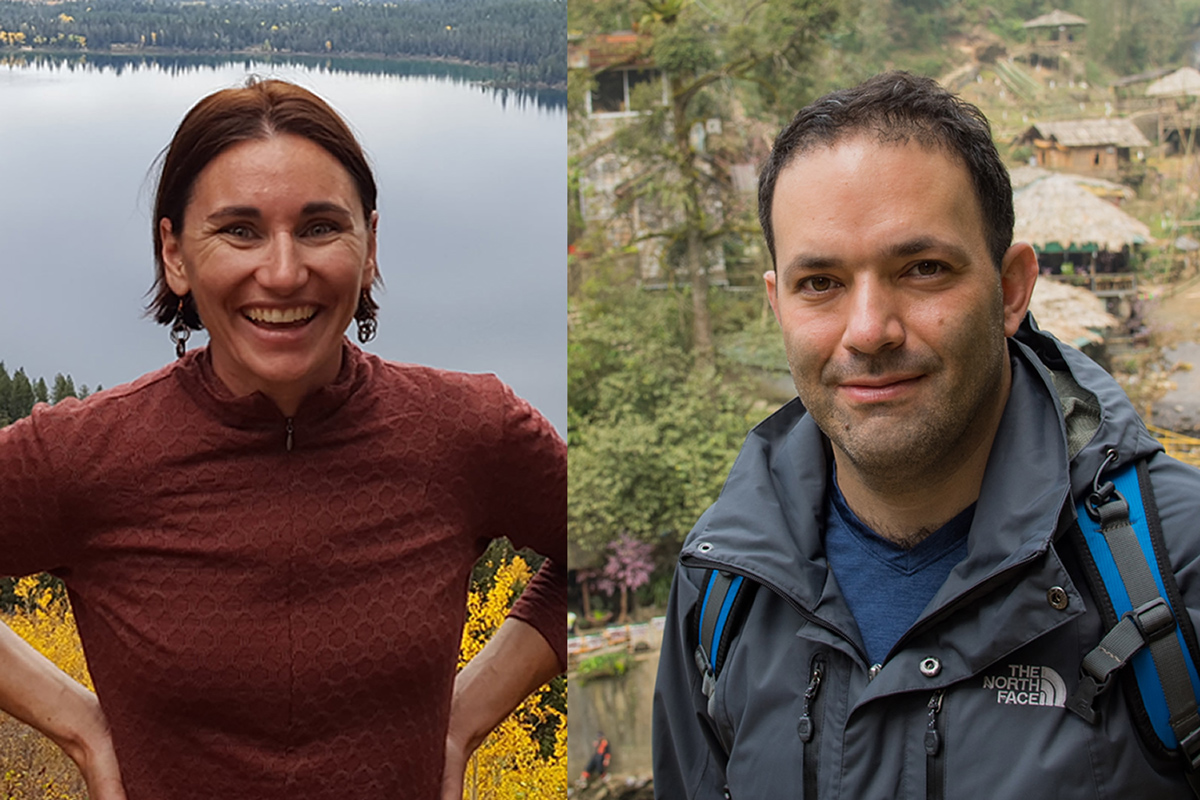
Episode 09 – A Conversation with Two Urban Health Influencers
Dana’s and Jose’s collaboration was presented at the ICUH 2018 in Kampala, Uganda. Their goal is to influence urban health dialogue between health decision makers and urban health scientists by creating datasets to map areas in slum boundaries where infrastructure is insecure, and health is tenable. They will help to provide estimates of survey data by slum and non-slum areas. However, they point out that this is a piece in a larger puzzle. It allows us to develop data for marginalized populations and informal settlements. For both Dana and Jose, ISUH can facilitate remote activity and exchange in networks to create transdisciplinary funding for urban health research and get members to apply for this type of funding. ISUH has a role in reaching out to, and collaborating with other sectors beyond urban health, developing collaborative publications and special issues with organization such as the Planetary Health Alliance, green space organizations, etc.
Listen Here
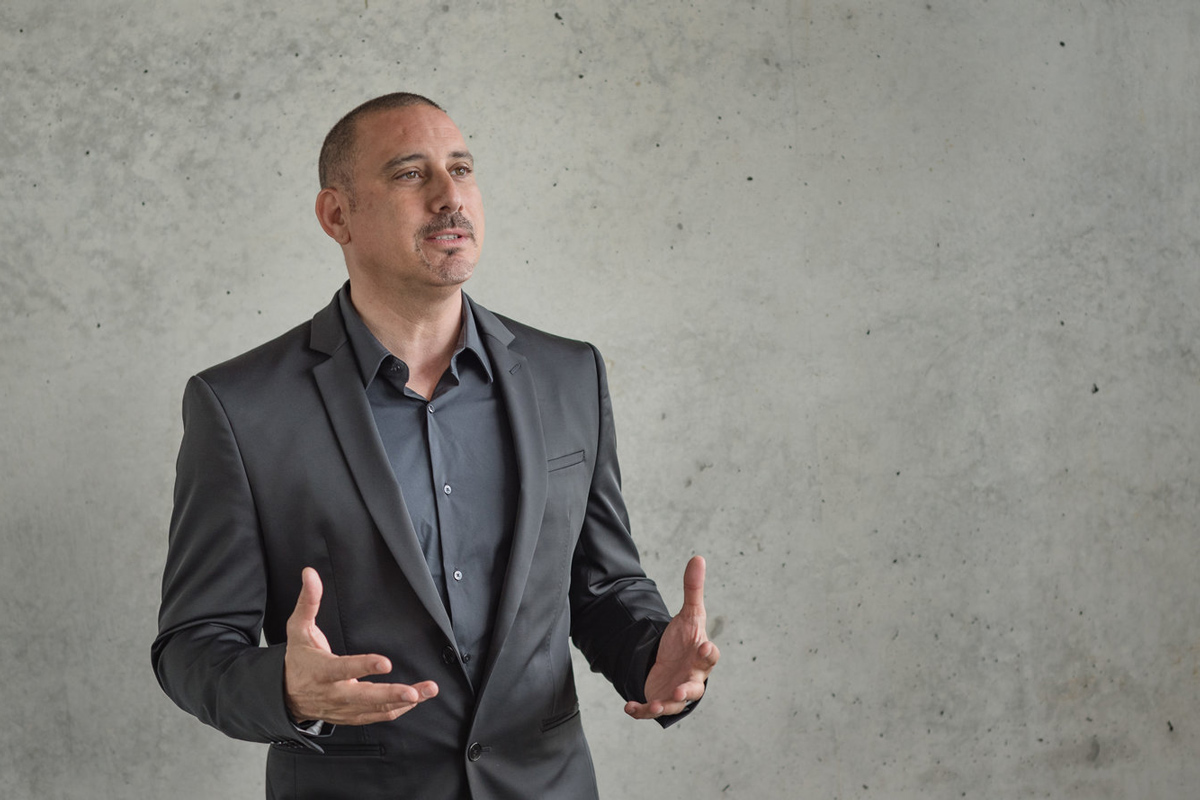
Episode 10 – A Conversation with Dr. Jason Corburn, an ISUH Expert Advisory Council member
Professor Corburn views ISUH’s role in the context of his work as providing opportunities for bringing people together to dialog – likes the way the conference has evolved in bringing both researches and practitioners together – transdisciplinary activities focused on problem solving. Another area is rethinking education. We need a new set of practitioners for the 21st century city. The city is vastly changing, with new technologies, and increased inequalities and so we need to train people in new ways for dealing with these new challenges – preparing people to be change agents. Dr. Corburn sees the education workshop that he co-leads as being instrumental in helping to propel this change. The idea is that we want to think cross-culturally, different learning styles, different ways in which we can teach and train folks – focused on new ways to include the urban core and community members in cities who are the ones suffering the most around inequalities in cities. Three key things are being focused on: (1) developing a web-based platform where people can access different training; (2) bringing people together for training at each conference with a specific theme; and (3) figuring out how to bring this back to universities around the world to support education and training in urban health.
Listen Here
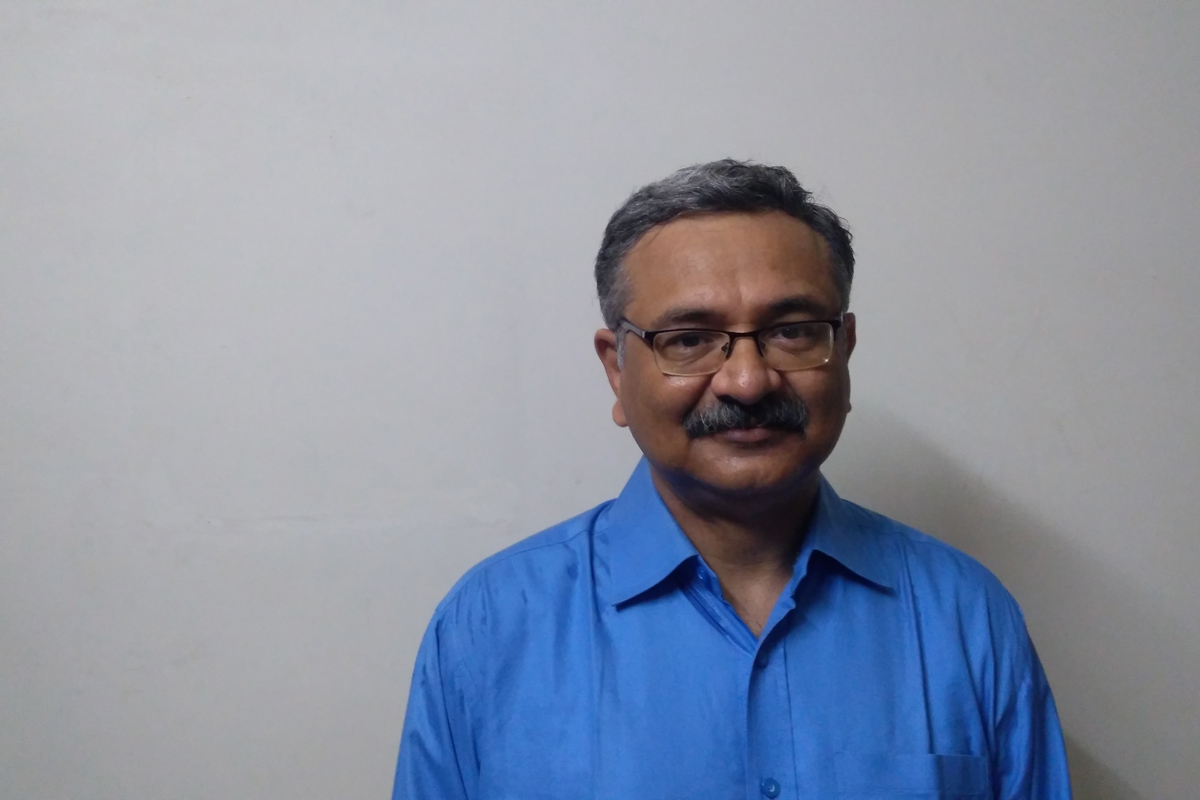
Episode 11 – A Conversation with Sainath Banerjee, Former ISUH Board Member
Dr. Sainath Banerjee has been an ISUH Board member over the past year. Being a board member is quite exciting for him because of the scope and nature of the task. He sees his participation in ISUH enabling him to have global impact. He is currently co-leading the community solutions workgroup. This workgroup proposes to share local community solutions for urban health globally and to create opportunities for community-based actions. Dr. Banerjee wants to help ISUH figure out how to engage and amplify research being conducted by its members and provide a frame for supporting opportunities for members to develop advocacy platforms. He believes that membership engagement in ISUH can be supported through institutional level involvement, not just at the individual level. Members should see ISUH as the source of knowledge information and global initiatives on urban health. ISUH can create a bridge for issues and themes in urban health and provide regional opportunities for collaboration. Each member is an ambassador of ISUH. He thinks it will be a good idea to create regional chapters of ISUH.
Listen Here
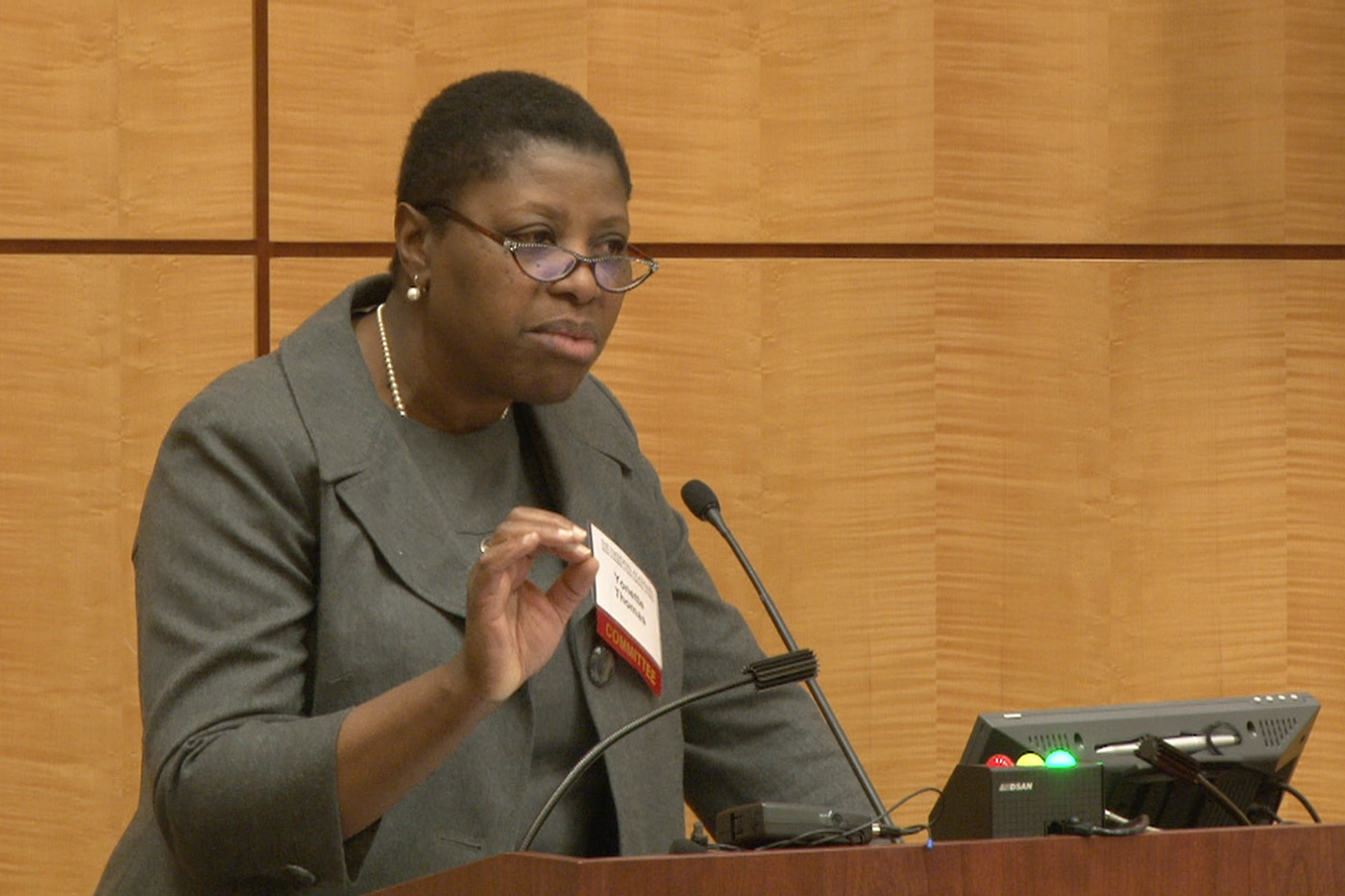
Episode 12 – Season 1 Wrap-up with Dr. Yonette Thomas and Mark Sylvester
In this closing episode, Dr. Thomas describes the “ARC” as her guiding principle for revitalizing membership and realigning the work of the ISUH. The intent with the ARC is that we begin before the conference with discussions and activities that lead into the conference in the forms of presentations, panels, and workshops. Post conference we continue those conversations so that members develop papers for publication and ideas for the next conference. The goal is to keep members interested and engaged – creating dynamic activity. Members must see the ISUH at the one organization they want to be involved in and engaged with. Each member is an urban health influencer. Our goal is 1000 members by the end of 2019. We are off to the races!
Listen Here
ISUH: Developing healthy, equitable cities for all
The International Society for Urban Health (ISUH) is the only global nonprofit organization working to bring together leaders from across academia, government, philanthropy, the nonprofit, and private sectors to achieve a healthier, more equitable urban future for all people, in all communities, worldwide. Your support helps to sustain ISUH, enabling us to advance our mission to achieve a healthier, more equitable urban future for all.

